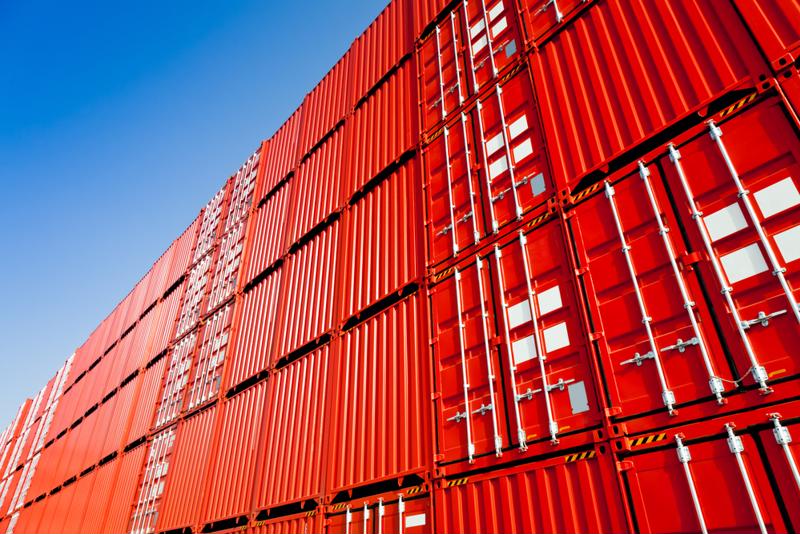In March, the most recent month in which data is available, the nation's major shipping ports received approximately 2.34 million twenty-foot equivalent unit (TEU) containers, according to a newly released Global Port Tracker report from Hackett Associates and the National Retail Federation. That sets an all-time record in the number of import arrivals, topping the 2.33 million mark set 10 months earlier. It was also a substantial uptick on a month-over-month and year-over-year basis, up nearly 11% and 3.2%, respectively.
Jonathan Gold, vice president of supply chain and customs policy for the NRF, said consumer buying activity is the root cause of the growth in imports, but inflation seems to be having an influence as well.
"Retailers are importing record amounts of merchandise to meet consumer demand, but they also have an incentive to stock up before inflation can drive costs higher, Gold explained. "Whether it's freight costs or the wholesale cost of merchandise, money retailers save is money that can be used to hold down prices for their customers during a time of inflation."
While supply chain disruptions continues to frustrate consumers and business owners, inflation has summarily replaced it as their biggest economic pain point. Indeed, as a recent poll by Gallup of everyday Americans found, 17% point to the high cost of living as the nation's single biggest problem, up from 10% who said as much in February. Small-business owners share that belief, with 32% of respondents citing inflation as the country's biggest challenge in a National Federation of Independent Business survey.

NRF says it's time to tame tariffs
The Federal Reserve has raised key interest rates in an attempt to get a handle on inflation by cooling demand. But this can take some time to bear fruit. A quicker remedy, according to the NRF, is by rolling back tariffs. Gold noted that despite what tariff supporters may claim, countries don't pay for tariffs — meaning those doing the importing — consumers and business owners do. Citing a report from Moody's, Gold also said that since tariffs were imposed in 2018 major trading partners like China have wound up paying only 7.6% of tariffs. Americans have wound up paying for the remaining 93%.
Since neither inflation nor tariffs are expected to abate any time soon, import volume at the nation's shipping ports is poised to remain robust. In June, for example, an additional 2.29 million TEUs are anticipated, which would be an increase of 6.6% from 12 month earlier, according to the Global Port Tracker report. The ensuing months for imports are also likely to outpace their monthly counterparts from 2021, rising 5.3% in July, nearly 1% in August and 0.3% in September.



Post A Comment:
0 comments so far,add yours